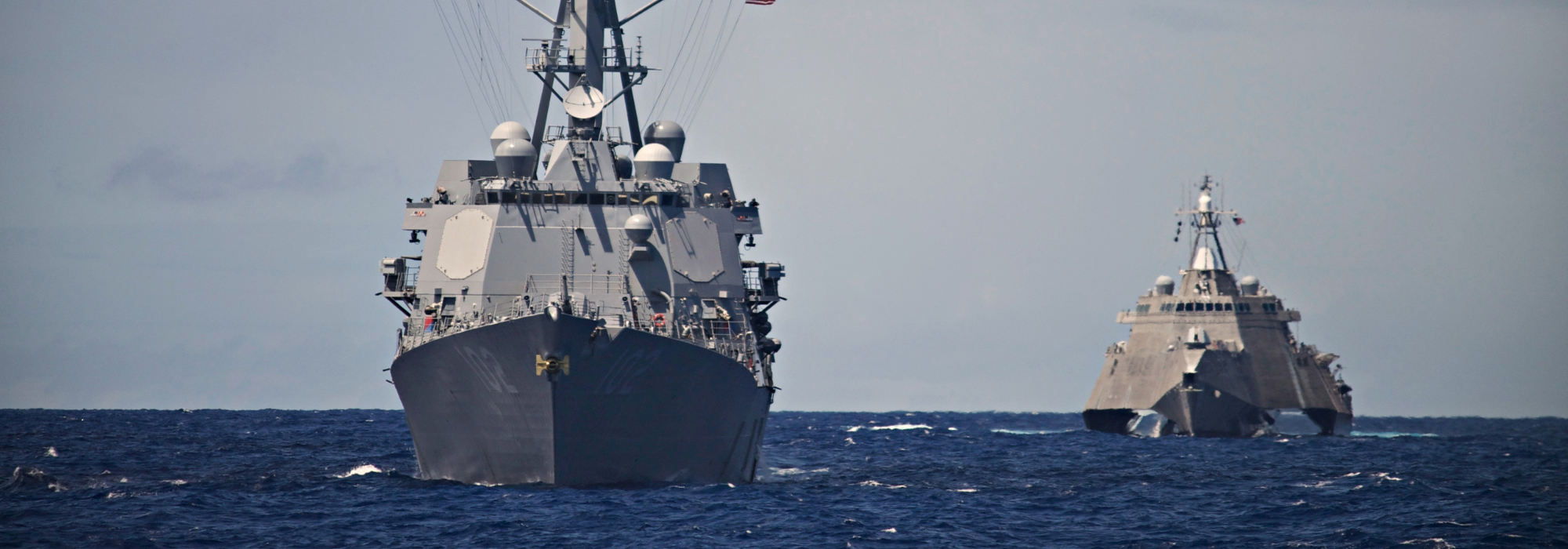
Why open markets matter
People trade and governments open markets because it is in their interest to do so. Trade and market openness has historically gone hand-in-hand with better economic performance in countries at all levels of development, creating new opportunities for workers, consumers and firms around the globe and helping to lift millions out of poverty. Relatively open economies grow faster than relatively closed ones, and salaries and working conditions are generally better in companies that trade than in those that do not. More prosperity and opportunity around the world also helps promote greater stability and security for everyone.
So does trade really benefit ordinary people?
Trade has contributed to lifting hundreds of millions of people out of poverty: the share of the world’s population living on less than PPP USD 1.90 per day fell from around 35% in 1990 to less than 10% in 2015. Evidence on the impact of trade on poverty in developing countries over 1993-2008 shows that the change in the real income of the bottom 20% of the population is strongly correlated with the change in trade openness over the same period. Developing and emerging economies are playing a more important role today in trade than ever before, contributing to declining inequality among countries (though not always within countries).
Trade has delivered unprecedented access to goods and services, with a revolution in the availability of goods for low income households. Take the cost of purchasing a television set, for example: between 1980 and 2014, the price of a roughly comparable TV set fell by 73%, in part as the result of ambitious trade liberalisation efforts – and the smart television sets we buy today are vastly better than those available in the 1980s. Lower prices are particularly beneficial for poor households, which spend relatively more on heavily-traded products (for example, staples such as food and garments).
Not only does trade lower prices, it also provides jobs for millions of people around the world. In a large country like the United States, around 10% of the workforce is involved in producing goods and services that are exported and consumed abroad, which amounts to around 14 million American jobs. The share goes up to 20% for France, almost 30% for Germany, and 47% for a small open economy like Ireland.
Across all countries, the share of jobs that rely on trade is significantly higher when taking into account “indirect” exports (when a person or company sells a good or service to another actor in the domestic market that uses it as an input in its exports). In some countries like China these can out-number jobs in the exporting industries themselves. These indirect export channels are especially important for smaller firms.
Trade also plays a role in raising incomes and improving overall working conditions. Exporters in the United States, for example, on average pay wages that are 6% higher than non-exporters. And whether the measure is injuries on the job, child labour, informality, or effects on female labour, open economies significantly out-perform closed ones, and labour rights are generally better respected.
More related articles...


Shipping and importing products from China to Israel
In the vast landscape of global trade, there exists a bridge connecting two distant lands—one adorned with the intricate tapestry of ancient traditions, the other


TIR (Transports Internationaux Routiers, International Road Transport)
With over 66 countries using the procedure, the TIR system is the international customs transit system with the widest geographical coverage. Because the TIR Convention


Israeli Company Resilience Strategies in the US Market
Overview As the Israeli business community navigates uncharted waters due to the current military conflict in Gaza, companies selling in the US market find themselves


Houthi involvement in the Israel–Hamas war
Contents During the 2023 Israel–Hamas war, the Houthi movement in Yemen, aligned with Hamas, launched attacks targeting Israel. They employed missiles and unmanned aerial vehicles (UAVs), some of which were intercepted


U.S. warns Houthis to stop attacks in Red Sea
The Biden administration has sent messages to the Houthi rebels in Yemen via several channels recently warning them to stop their attacks on ships in the Red


Research Department Staff Forecast, October 2023
This document presents the macroeconomic staff forecast formulated by the Bank of Israel Research Department in October 2023 concerning the main macroeconomic variables—GDP, inflation, and

















